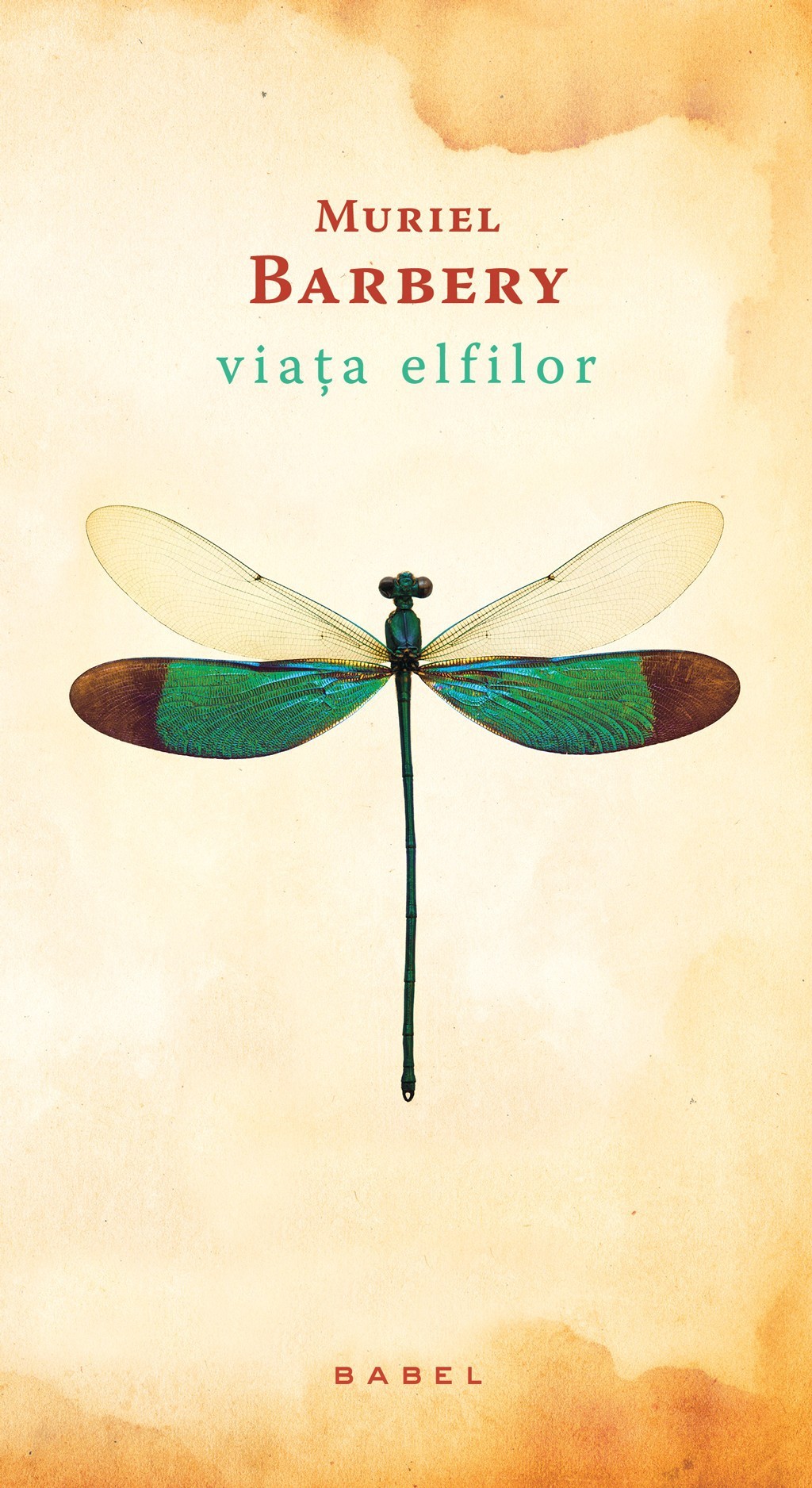What do you think?
Rate this book


280 pages, Paperback
First published March 11, 2015
'The memory of Eugenie took on another dimension, as if it had been multiplied to infinity, inscribed in unknown spaces and times which his spirit now probed through the prism of the old granny and a land as harsh and limpid as the skies of the beginning of time...He had never viewed the world from such an angle as on this day of Eugenie's funeral, an angle that was vaster and more open, imbued with the ruggedness of a terrain both barren and full of grace'.

“Indeed, I would not be surprised if, in the end, we find out that we are all the characters of some meticulous but mad novelist.”
“‘The universe is a gigantic story,’ said Petrus. ‘And everyone has their own story, radiating somewhere in the firmament of fictions and leading somewhere into the sky of prophecies and dreams.'”